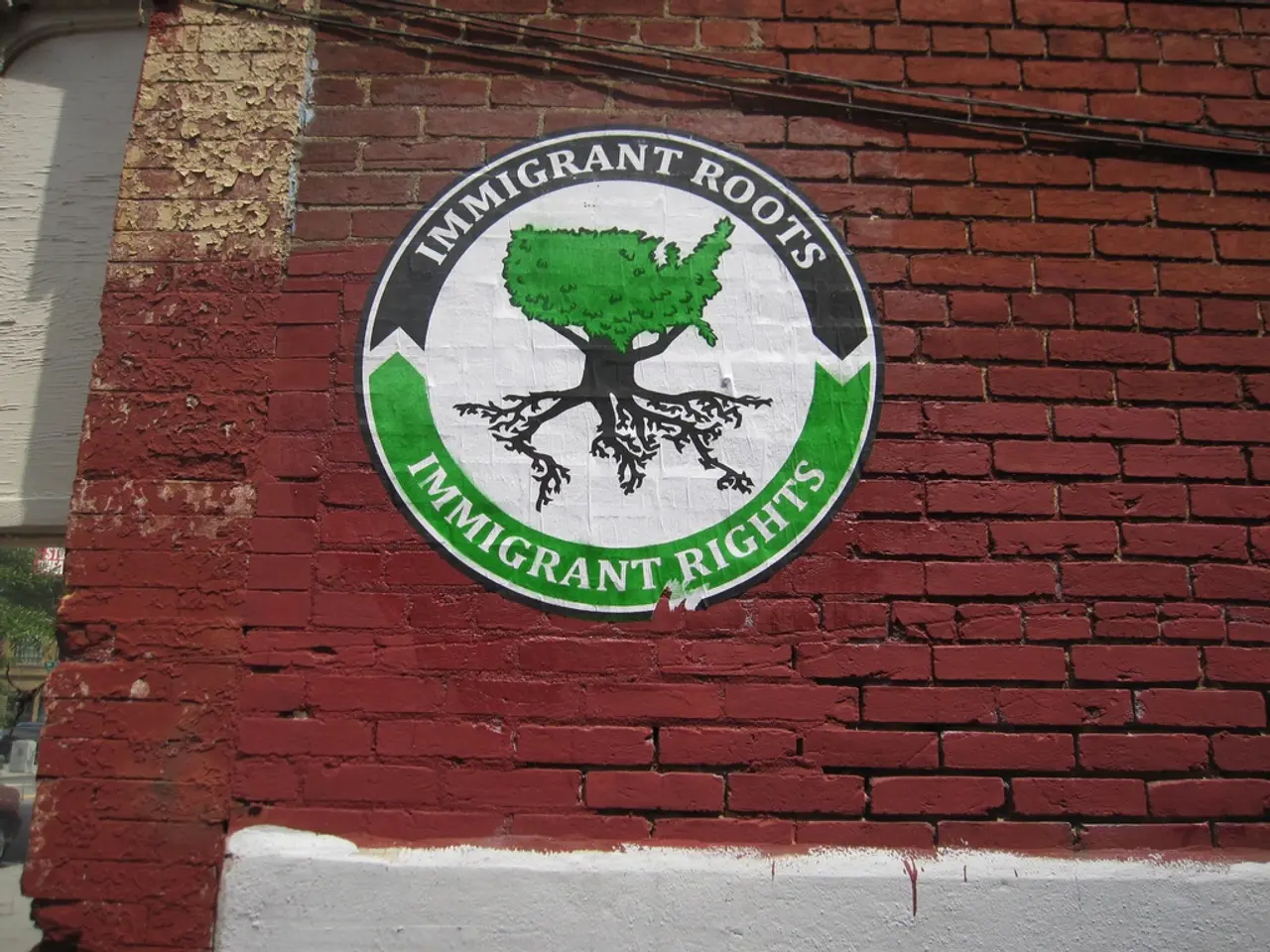Conflict Over Constitutional Integrity
In the tumultuous landscape of the 2020 United States Presidential election, claims of censorship and suppression of conservative viewpoints by tech companies and social media platforms have been a contentious issue.
According to an article in The Atlantic, digital surveillance and speech control in the United States bear striking resemblances to what is found in authoritarian states like China. Critics argue that platforms like Twitter and Facebook have limited the dissemination of controversial stories, such as the Hunter Biden laptop controversy, which was predominantly circulated by conservative outlets. This has led to accusations of bias against conservative content.
Evidence for this claim includes internal Twitter documents, known as the Twitter Files, released after Elon Musk's acquisition of Twitter. These documents showed moderation discussions around the laptop story, with some conservatives alleging government pressure to suppress the story to aid Joe Biden's campaign. However, investigative journalism by Matt Taibbi found no direct evidence of government coercion; rather, the platforms acted independently based on their content policies and concerns over misinformation.
Moreover, a Supreme Court decision in 2024 (Murthy v. Missouri) concluded there was no illegal government coercion in these moderation choices, affirming that social media companies had independently strengthened moderation before any government input.
Right-wing figures and politicians have framed content moderation and fact-checking efforts as partisan censorship. Influencers like Alex Jones and legislators including Jim Jordan and Ted Cruz have accused Silicon Valley and allied institutions of suppressing conservative voices online, turning these claims into a political rallying point.
However, a complex and shifting landscape rather than one of consistent censorship of conservative viewpoints seems to be emerging. An analysis following the 2024 election shows tech companies like Meta and Google rolling back some moderation practices, possibly aligning themselves with conservative political forces.
In summary, while there were contested moderation actions influencing politically sensitive content in 2020, independent investigations and court rulings have not confirmed illegal or conspiratorial censorship by tech companies. Claims of suppression exist prominently in conservative discourse but lack conclusive evidence of official or government-directed censorship, with platforms mostly acting on their own policies amid significant political pressure.
- The history of digital surveillance and speech control in authoritarian states like China bears a resemblance to the practices in the United States, as seen in the contentious issue of censorship and suppression of conservative viewpoints by tech companies and social media platforms.
- In the landscape of political news, accusations of biased moderation and censorship against conservative content on platforms like Twitter and Facebook have been raised, with some pointing to internal documents (like the Twitter Files) as evidence of government pressure to suppress certain stories.
- Despite investigative journalism failing to find direct evidence of government coercion, right-wing figures and politicians argue that these moderation choices are examples of partisan censorship and a suppression of conservative voices online.
- The emergence of a complex and shifting landscape in tech companies' moderation practices is evident, with some rolling back certain moderation practices in the aftermath of the 2024 election, potentially aligning themselves with conservative political forces.
- In the context of war-and-conflicts, policy-and-legislation, crime-and-justice, and general news, the claims of censorship and suppression of conservative viewpoints remain a significant topic in the politics of the United States, despite independent investigations and court rulings finding no conclusive evidence of illegal or conspiratorial censorship by tech companies.






